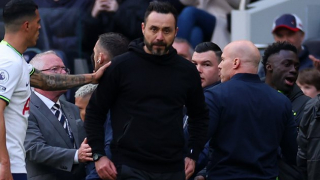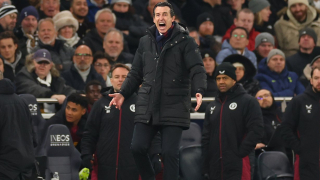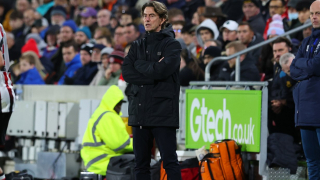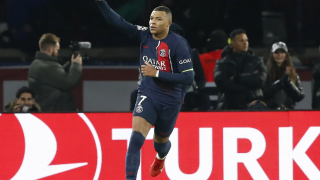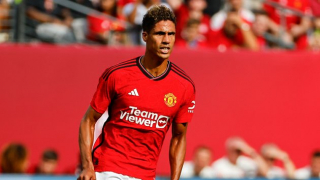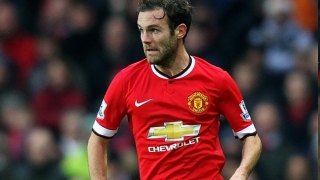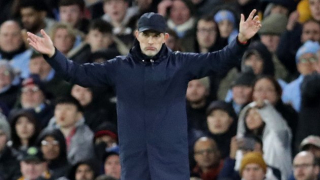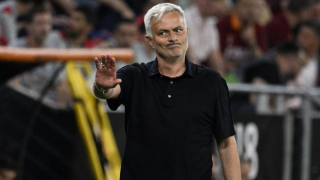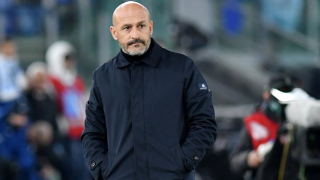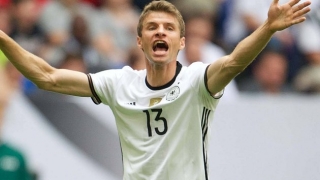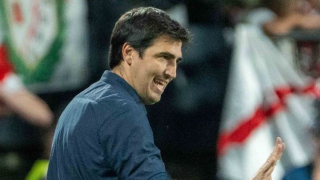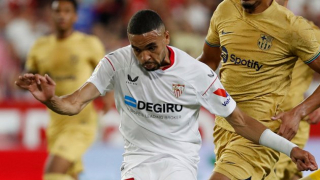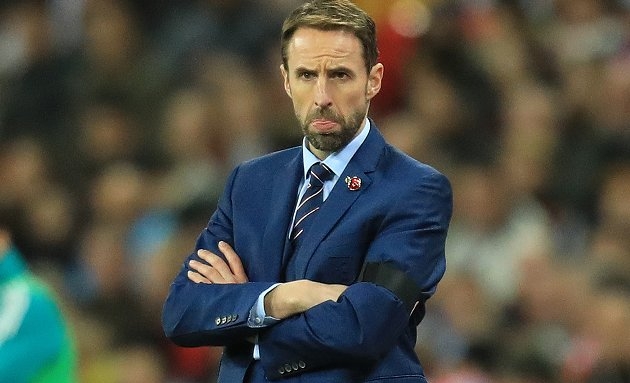It isn't coming home after all. England's valiant World Cup campaign came to an end on Wednesday night with a disappointing extra-time defeat to Croatia that can be blamed on a mixture of tiredness and inexperience – both mentally and tactically. Gareth Southgate has created a joyous England team, which is no small feat, but ultimately did not have a plan B as Croatia's cool-headed midfielders began to control the game.
Belgium will also rue a missed opportunity for their golden generation. Roberto Martinez was surprisingly conservative in his tactical decisions, leaving his side too static to break down such a stern France defence. For Eden Hazard, Kevin de Bruyne, and Vincent Kompany, their dreams of lifting the World Cup trophy are over.
Here are four things we learnt from the semi-finals:
1) Southgate's in-game tactics need to improve in future
England had no backup plan on Wednesday evening, and it showed. Gareth Southgate was extremely reluctant to change things tactically despite Croatia's increasing dominance, which ultimately cost the Three Lions a place in the final.
Croatia upped the tempo in the second half by playing long diagonal passes into the full-backs, who in turn released the wingers in the half-spaces. This was highly successful because it forced England's wing-backs deeper, turning the 3-5-2 into a 5-3-2. Inevitably, that meant there was a lot of space on the flanks in front of the back five, explaining the high volume of crosses after half-time (with one leading directly to the equaliser).
Tiredness was clearly a factor, and partially explains why Dele Alli didn't close down the decisive cross in the 68th minute, but sticking with the same formation was England's biggest problem. Southgate should have withdrawn one of his forwards to add more clout in central midfield, which may have stamped out Luka Modric's growing authority. Instead, the inexperienced England manager simply watched on.
2) Deschamps' Mourinho-style tactics will be vilified if they don't win the final
France have done just enough to reach the final, but it is difficult to feel inspired by an ultra-defensive team grinding their way to a 1-0 victory in the semis when Thomas Lemar, Ousmane Dembele, Benjamin Mendy, and Nail Fekir warm the bench. Deschamps has always been a very cautious manager and that was taken to extremes on Tuesday when the French held just 36% possession on a day that proved their coach has no interest in bringing through the youngsters.
France could – should, even – be the most exciting nation at the World Cup, and the primary objective should be to develop a playing style that can get the most out of the emerging golden generation. But with Deschamps at the helm they remain stuck in an old system, one that made sense when Dmitri Payet was the star player but not anymore.
Win the World Cup and all this will be forgotten, of course, but should Croatia triumph the French will turn on their leader. Deschamps' situation is not unlike Jose Mourinho's at Manchester United; winning trophies makes the Machiavellian tactics justifiable, but as soon as results turn sour all good will evaporates.
3) Croatia's big game experience could win them the World Cup
Historians will probably remember Croatia's run to the World Cup final for the team's resilience and never-say-die attitude. It is no fluke that a side with so many Champions League finalists has made it through three consecutive extra-time periods; it was calmness under pressure that has taken Croatia to the final.
Modric and Ivan Rakitic are both Champions League winners with Real Madrid and Barcelona respectively, while Mario Mandzukic – the star of extra-time – has played in two finals with Juventus. These are big game players, and it showed, with England gradually losing the psychological battle in Moscow. Perhaps, two years from now, the Three Lions will have some big winners of their own to match the Croatians' tenacity.
4) Martinez's constant tactical tweaks hold Belgium back
Roberto Martinez deserved praise for his complex and ultra-fluid tactics against Brazil, which is why his decision to revert to a simpler system against France was so surprising. The hybrid 4-3-3/3-4-3 used in the quarter-finals saw Kevin de Bruyne excel as a false nine, Romelu Lukaku arch infield from the right wing to great effect, and Nacir Chadli perform expertly in a dual midfield/wing-back role. The high tempo and constant positional shifting of this system looked like a good way to stretch such a deep-lying, defensive France side and open up space.
Instead, Martinez went for caution. Mousa Dembele was drafted into midfield and looked incapable of handling the pressure, generally passing sideways and rarely taking risks with the ball. Coupled with Marouane Fellaini's poor movement from the top of the midfield, this left the Belgian's flat, disjointed, and incapable of pulling the France defence apart.
Martinez infuriated Everton fans with his frequent tweaking, and here was another classic example of the Spaniard seemingly operating a trial-and-error approach to tactics. Belgium cannot be said to have thrown away this opportunity, but Martinez will rue abandoning his wild attacking instincts.

